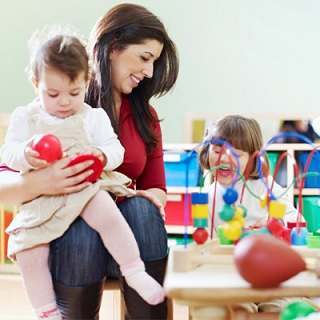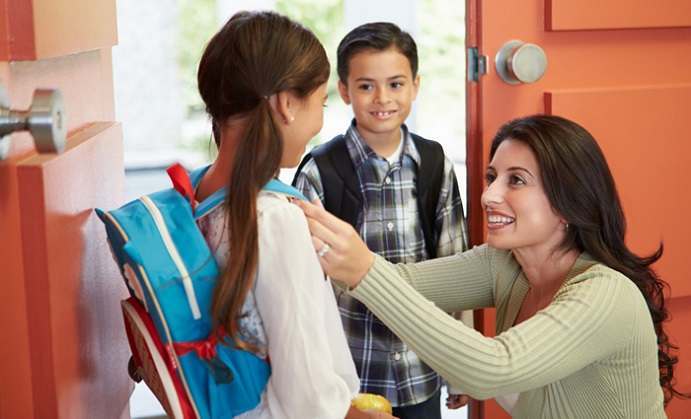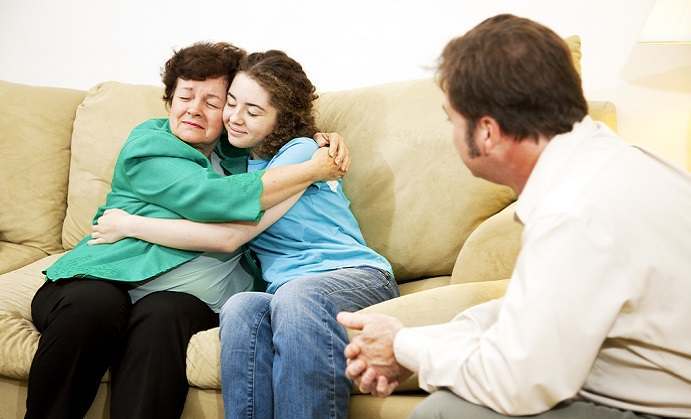Anxiety occurs in children just as often as it does in adults. Ever since they are born, kids experience various types of fears. Whether they know how to manage their stress and fear levels or not, the fact of the matter is that they can become scared of anything from the dark to dogs and insects. It’s crucial always to keep in mind that continuous stress leads to deficiencies in a child’s development.
Several symptoms of anxiety in children
The following signs can occur based on the age of the child who is suffering from an anxiety disorder. Check them out below.
Infants and toddlers
 Some of the most common symptoms of anxiety in infants and toddlers include tantrums, lack of sleep, excessive and frequent urination, crying, and clinging. The rule of thumb is that parents who are stressed out are likely to stress out their kids as well. If you suspect that your toddler might be suffering from anxiety, there’s a set of small things you can do to improve the whole situation. For example, try taking him or her to the park and let him or her interact with other children of the same age. If they are old enough to express their opinion in a matter, allow them to make their decisions and stand by them. Setting up bed routines is important and considerably helps with sleeping habits they’ll have once they are grown up.
Some of the most common symptoms of anxiety in infants and toddlers include tantrums, lack of sleep, excessive and frequent urination, crying, and clinging. The rule of thumb is that parents who are stressed out are likely to stress out their kids as well. If you suspect that your toddler might be suffering from anxiety, there’s a set of small things you can do to improve the whole situation. For example, try taking him or her to the park and let him or her interact with other children of the same age. If they are old enough to express their opinion in a matter, allow them to make their decisions and stand by them. Setting up bed routines is important and considerably helps with sleeping habits they’ll have once they are grown up.
Young kids and middle graders
Some typical signs of anxiety in school-age children include lack of focus, poor memory, pessimism, and extreme shyness. The core detail to remember in this case is that middle graders need to be reassured continuously. Even if they keep making mistakes, they should try to correct them as best as they can. Parents should not be at the root of an anxiety disorder, so they have to try to be assertive.
Young adults
 Teenagers are extremely hard to handle, as they are dealing with physical, hormonal, and emotional changes all at once.
Teenagers are extremely hard to handle, as they are dealing with physical, hormonal, and emotional changes all at once.
They can thus suffer from eating disorders, overly focus on the way they look and defy authority as much as they can. Parenting a teenager is a complicated task, but young adults should feel safe and reassured enough that they want to confide in their mother or father.
Reasons for anxiety in children
Since they are still growing, children can be affected by a plethora of factors, ranging from conflicts within the family to tight schedules and physical illness. Bullying can lead to social anxiety while fears can be turned into phobias.
Avoiding anxiety
Even though children, in general, and teenagers, in particular, are quite hard to deal with, the essential thing to remember is that they need to be loved. If they feel safe and trust you, they can show you just what is going on right from the beginning. For example, most kids who are bullied at school are so afraid of the bully that they hide everything from their parents. Pay attention to the signs mentioned above and protect your child from tense situations.
Do you want to find an effective Anxiety treatment? Check out our Anxiety products reviews











